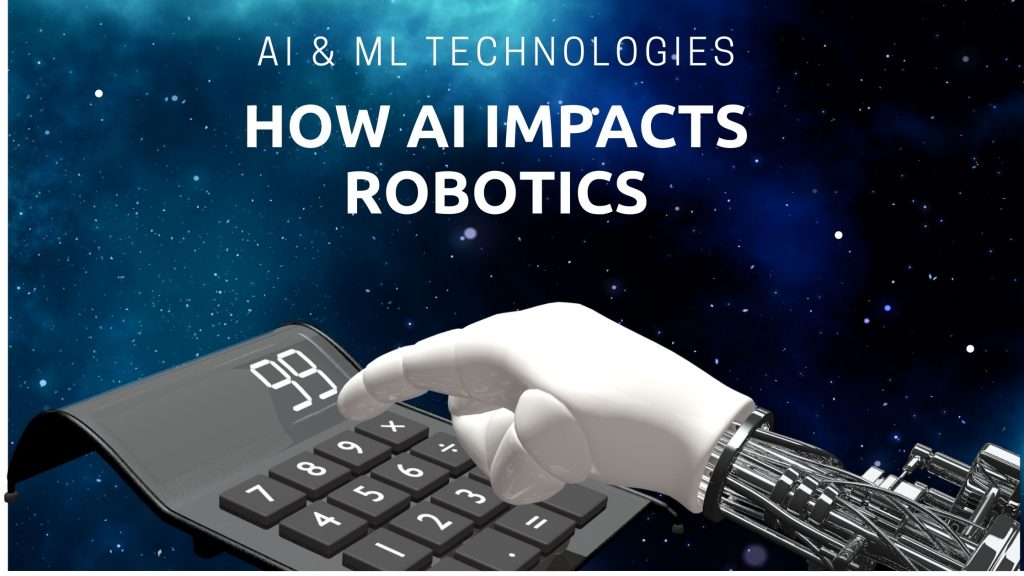You know those movies where robots become self-aware and start taking over the world? Well, that may not be as far off into the future as we thought. AI is quickly making its way into robotics, and businesses need to pay attention. As AI becomes more advanced, businesses are starting to implement it into their robotic systems. While some people may think that this could lead to unemployment rates skyrocketing, there is no doubt that AI-infused robotics will bring about changes in a number of industries.
The rise of robots will lead to improved quality and quantity of life for all while increasing economic growth. As they take over repetitive or dangerous tasks, humans are able to focus on more mentally stimulating jobs such as inventing new products that improve efficiency in everyday routines. It could result in jobs that never existed before because companies need people willing enough to learn how to operate these advanced machines with precision accuracy.
Machine learning is used to teach robots how they should behave and perform tasks by analyzing data from their environment and programming them with complicated instructions.
There are four areas where AI can be applied in robotics to improve its performance:
- Grabbing. Robots are learning how to grasp with their own two hands. They’ve been given the ability through AI and ML, which helps them determine what is best for grabbing an object without dropping it or knocking over another item.
- Vision. Trained with machine learning algorithms robots can detect items and identify objects more intricately. The potential applications for this new technology range from security systems, through packaging inspection at food production facilities all way down into retail stores where they could help optimize sales by picking out individual items among hundreds of others arrayed before them on shelves or displays.
- Data. AI algorithms help robots sort physical and administrative data patterns.
- Motion Control. Machine learning algorithms for motion control allow robots to become more interactive and obstacle-aware when doing their work.
AI is already an integral part of today’s supply chain management. From machine learning algorithms that can identify items based on their shape and weight to robots trained using these methods in the order to sort them by size or other characteristics – like color coding- AI has made significant strides towards improving efficiency and profitability within the logistics sector.
AI and machine learning will have a transformative impact on industrial robots with more automation in every industry.
Industrial robots are about to undergo a major change with the introduction of Artificial Intelligence and machine learning. In every industry, there will be an increased use in automation through these machines that can perform tasks more efficiently than humans.
The impacts of AI and machine learning on industrial robots will be transformative. Nowadays there’s no industry too difficult for a robot or automated system to tackle and do jobs faster, cheaper, and with greater precision.
What are the ethical concerns with AI and robotics
More automation in every industry means a change to the workforce that is irreversible at this point, but it’s not without its drawbacks either—the fear among some people who work with these technologies equates more job loss than gain for society as a whole because they can’t keep up keeping pace.
If you want to learn more about how your company can implement these intelligent machines into its operations contact us at info@datapipesoft.com
